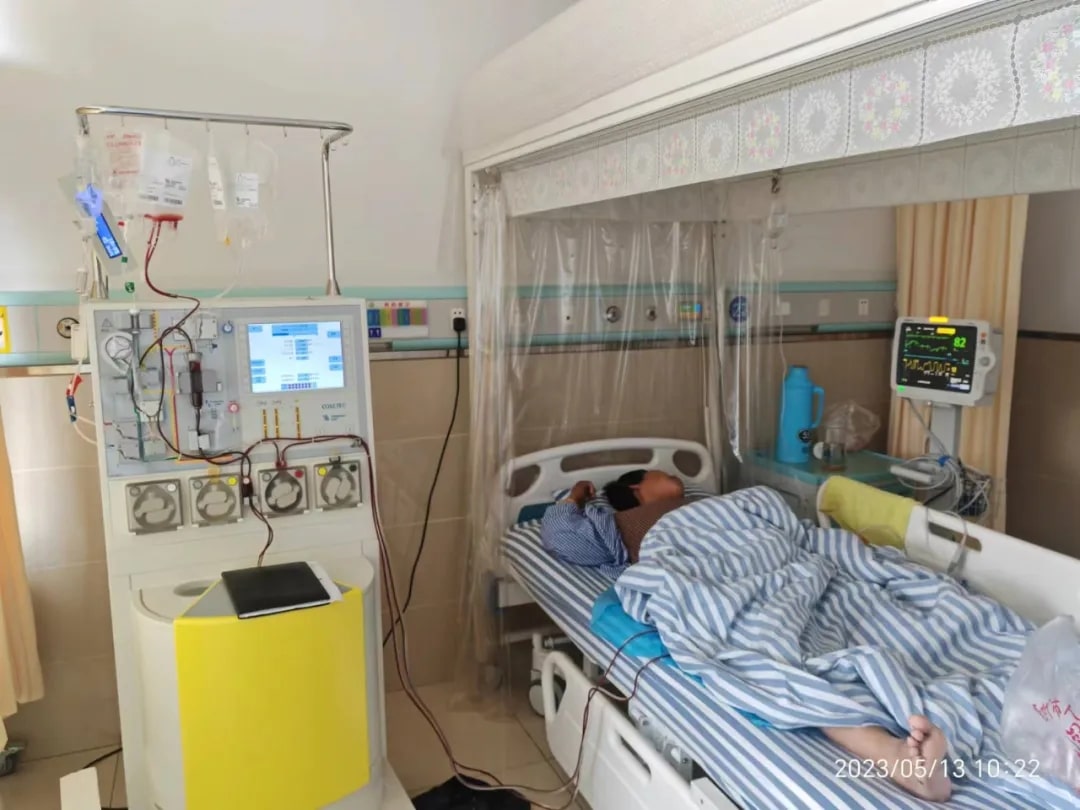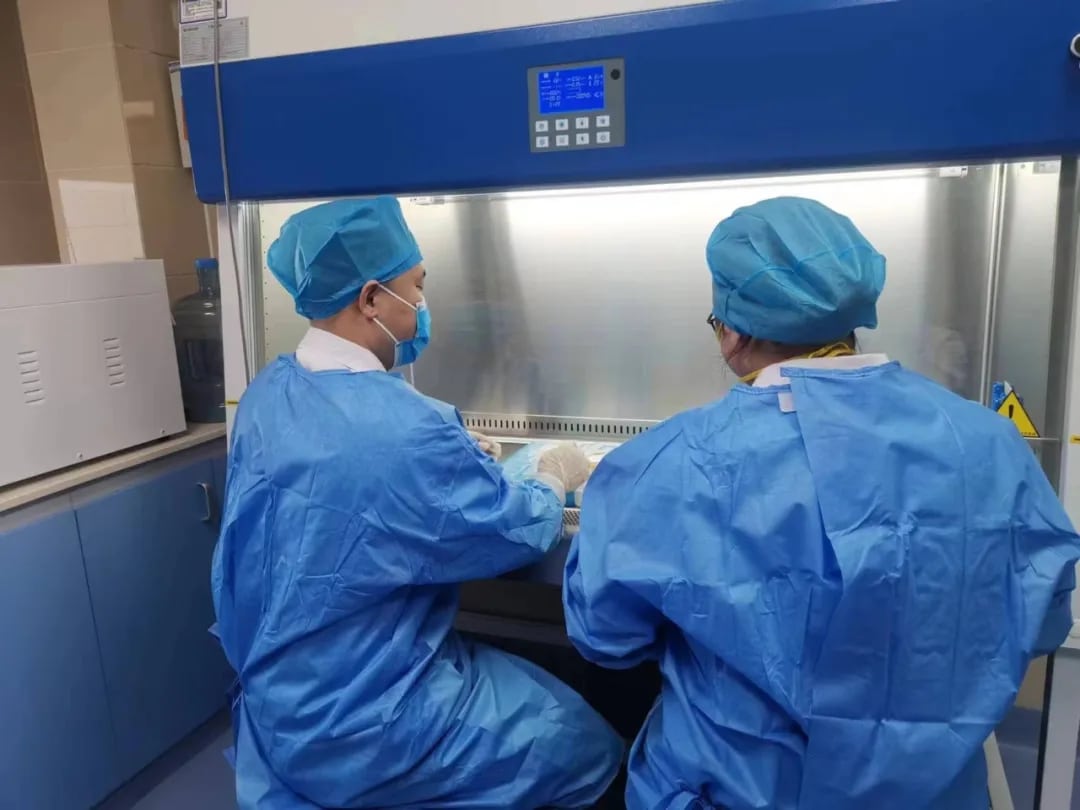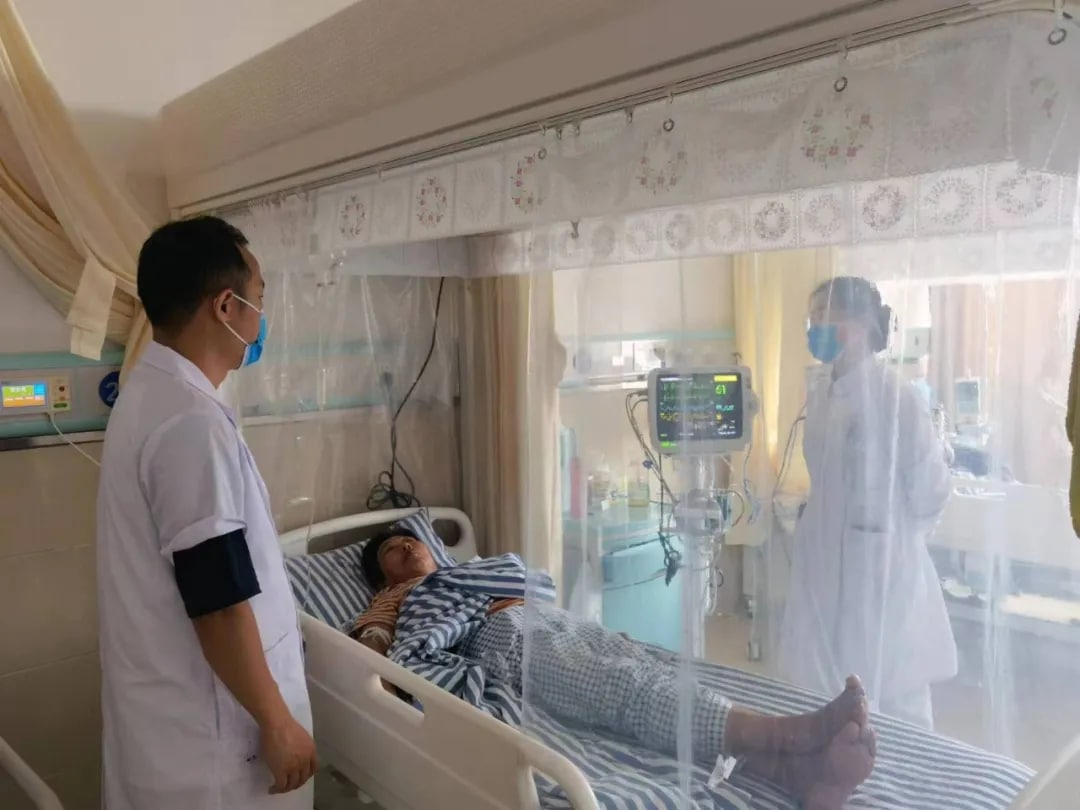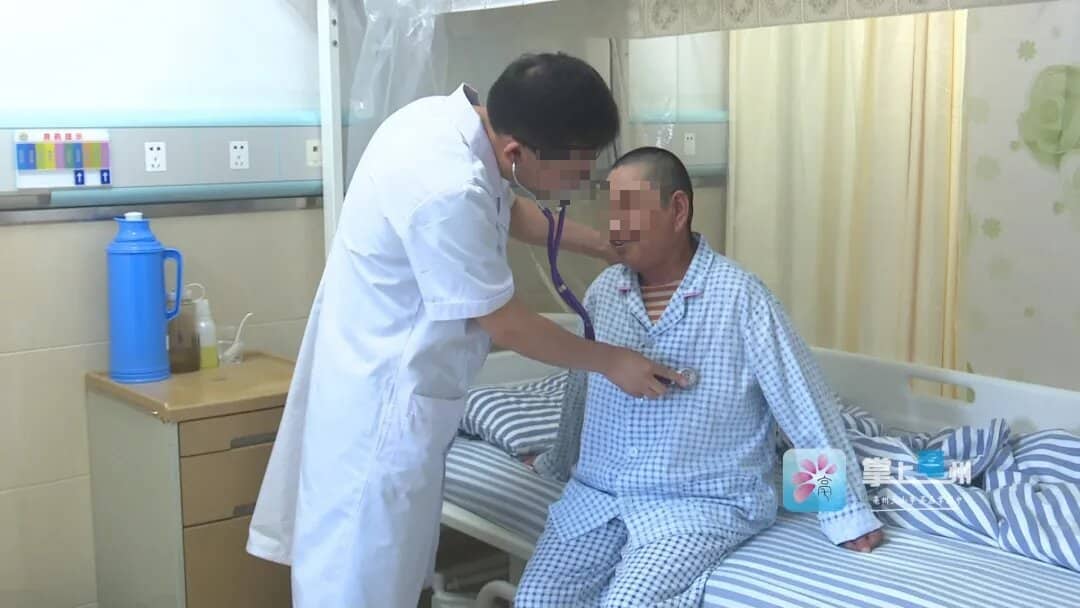Multiple Myeloma Therapy China
Multiple Myeloma Therapy China
Successful “Humanized BCMA CAR-T Cell” Treatment for a Multiple Myeloma Patient with Recurrent Disease at the People’s Hospital of Bozhou City, Anhui Province, China
Recently, the Department of Hematology at the People’s Hospital of Bozhou City, Anhui Province, China, received good news. A patient with multiple myeloma who had been undergoing repeated treatments for four years but still experienced multiple relapses received “humanized BCMA CAR-T cell” therapy at our hospital. After the treatment, the patient showed an excellent therapeutic effect, and upon evaluation, no myeloma cells or residual disease could be detected in the patient’s body, indicating a complete remission.
Multiple myeloma is one of the most common malignant tumors of the blood system. Although various treatment approaches can control the disease and prolong patient survival, many patients are prone to relapse and develop drug resistance, with some patients becoming refractory to current drug therapies after multiple treatment modalities.
Initial Condition
Mrs. Tong, aged 62, faced such a situation. Since being diagnosed with multiple myeloma in February 2019, the patient had experienced multiple relapses and undergone various treatment regimens, imposing a heavy burden on her physical, mental, financial, and family well-being. In early May 2023, the patient relapsed again, and she and her family members sought treatment at our Department of Hematology.
Preparatory Stage
The CAR-T treatment team, led by Dr. Ge Hongfeng, the director of the Department of Hematology, and Dr. Feng Jiangzhou, the attending physician, had an in-depth discussion about the patient’s condition. They invited a multidisciplinary team (MDT) comprising specialists from the Department of Critical Care Medicine, Oral and Maxillofacial Surgery, Ophthalmology, Otorhinolaryngology-Head and Neck Surgery, Radiology, and Laboratory Medicine to collaborate on the diagnosis and treatment. Additionally, they consulted with Professor Sang Wei from the Department of Hematology at the Affiliated Hospital of Xuzhou Medical University for assistance. It was determined that the patient met the indications for CAR-T cell therapy, and contraindications were ruled out. After repeated communication with the patient and her family and obtaining informed consent, the CAR-T treatment process was initiated.
Treatment Process
On May 13th, the patient underwent autologous lymphocyte collection for the preparation of CAR-T cells. After a strict process of cultivation, selection, and quality testing, the BCMA CAR-T cells were successfully prepared.


On June 22nd, the patient underwent FC regimen lymphodepletion (conditioning) chemotherapy (the purpose and significance of conditioning are mainly to eliminate residual lymphocytes in the patient’s body, remove immunosuppressive factors, induce co-stimulatory molecules, and other mechanisms, thereby reducing the patient’s immune system’s attack on CAR-T cells and creating favorable conditions for their in vivo expansion and survival before CAR-T cell infusion).
On June 27th, the BCMA CAR-T cells were infused, and the process went very smoothly.
Subsequently, the patient was transferred to the transplant ward, where the CAR-T treatment team of physicians and nurses provided 24-hour close monitoring, actively prevented and managed adverse reactions. With the support of the MDT team, the patient only experienced mild bone marrow suppression and did not develop cytokine release syndrome (CRS), CAR-T cell-related encephalopathy syndrome (ICANS), or other adverse reactions. The overall process was very smooth.

Image 4
On July 11th, a comprehensive evaluation showed that the patient had achieved a complete remission, and she was discharged from the hospital.

CAR-T Cell Therapy
This treatment is a form of cellular immunotherapy, a novel approach to cancer treatment distinct from traditional radiation therapy and chemotherapy. The basic principle is to collect the patient’s immune cells, specifically T lymphocytes, and engineer them ex vivo to enhance their ability to recognize, kill, and self-proliferate. Simply put, it involves transforming our own immune cells into “super soldiers” with GPS navigation capabilities and then reinfusing the CAR-T cells into the patient’s body to specifically recognize and kill tumor cells.
Doctor’s Advice
Multiple myeloma often presents with bone destruction as the initial symptom, hence its nickname, “the bone-eating blood disease.” It is highly prone to misdiagnosis. Many patients initially seek medical attention for bone pain or osteoporosis at departments such as orthopedics or rheumatology and immunology. After finding elevated immunoglobulin levels in their blood or urine, they undergo bone marrow aspiration or local biopsy, ultimately leading to a definitive diagnosis of multiple myeloma. Some patients develop severe complications due to delayed diagnosis and treatment, which can severely impact their prognosis. Therefore, if you experience symptoms like bone pain, anemia, or unexplained elevated immunoglobulin levels, it is recommended to seek a comprehensive evaluation at the hematology department.
Content Source:血脉相通BY
